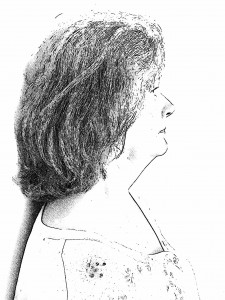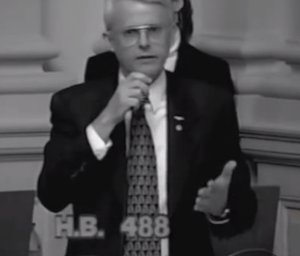Some ask, “Why does an alleged victim of a sex predator wait so long to come forward?””
Patrice agreed to discuss the sexual attack she suffered 45 years ago because she thought it might be a catharsis for herself, but, more importantly, to help other victims to find their voice and come forward to help others understand why we often wait to disclose.
Patrice said, “these public attacks on victims, charging, that they’ve been ‘waiting too long’ to come forward upset me. These victims deserve to be heard loud and clear, and not to be ostracized. It’s not so easy to come forward. Maybe only the victims know this.”
“I think of my own sexual assault,” said Patrice, “and my efforts to process what happened to me so long ago.”
With some difficulty, Patrice described what happened to her.
“I was a freshman in college living at home in a suburb of New York City and commuting to school each day,” said Patrice, “and, of all places, the sexual assault, holding me, not letting me escape, preventing me from getting away, occurred on a public bus, in January 1973. I wasn’t raped but I was grabbed and restrained by this offending stranger.”
“I did come forward in my case,” said Patrice, “and the police were called when I arrived back home. The process became progressively more hurtful. They interviewed me, took my statement and had me look through mug shot books. It was like you saw on tv but I couldn’t find any mug shot.”
“I never thought that something like this could happen to me in my hometown,” said Patrice.
“Amazingly, that wasn’t the end of it,” Patrice said, “later that day I went to a local pizzeria with my sister to eat and calm down. While eating, I looked up, and across the street I saw my attacker and he was waiting for the bus. I lost it and freaked out.”
“My sister called the police. They caught him on the bus where he’d just attacked three other women.”
“I did what some have not,” said Patrice, “I pressed charges against this man. I was required to attend a hearing the next day. Before the hearing I met with the Asst. DA and was questioned over and over again about what happened, including what I was wearing, like I invited the attack with my student blue jeans and long winter coat. I was asked if I had provoked my assailant, and worse. It was humiliating and degrading.”
“At the hearing,” said Patrice, “it was disclosed that my attacker had a history of attacking women going back to the 1950’s, including the 3 women he attacked that day. Unfortunately, the other victims declined to appear at the hearing that day. My attacker was not sentenced to any punishment for his crime. Instead, he was remanded to a psychiatric facility for 3-6 months.”
“It was as if I’d been a victim twice,” Patrice said.
“Following the assault, I had and continue to have panic attacks,” said Patrice, “I get claustrophobic in crowds and tight spaces. I had been trusting. But no longer. I was leery of strangers, anyone outside our immediate family.”
“I was only able to tell my story to acquaintences around 2012,” said Patrice.
“As compared to others,” said Patrice, “my attack was not a rape or a kidnapping. Still, it was terrifying.”
“I’ve learned that men get away with this gross misbehavior,” said Patrice, “and we have had an array of powerful and public men, treating women as objects, uncovered of late, who forced themselves on women, like they may do whatever they want.”
“It is clear,” said Patrice, “that some women are coming forward to call out men in the public eye or who are in transition, in or about to assume significant positions of trust. More women sense that they have an obligation to endure the scrutiny lest unworthy men are assumed to be otherwise. But victims are wary. They see how they are treated.”
“It is tempting to many,” said Patrice, “to disbelieve the charges of sexual misconduct when we see what these men have accomplished in their professional lives, or how they appear in the family Christmas photo, but that’s a mistake. Women need to find their voices. Our society must learn to listen to these charges of sexual misconduct from these victims, no matter how long it takes, and foster laws and practices that make it more dignified for the silent victims to come forward.”


 The administrators at Patrick Henry College have had a tough week.
The administrators at Patrick Henry College have had a tough week.